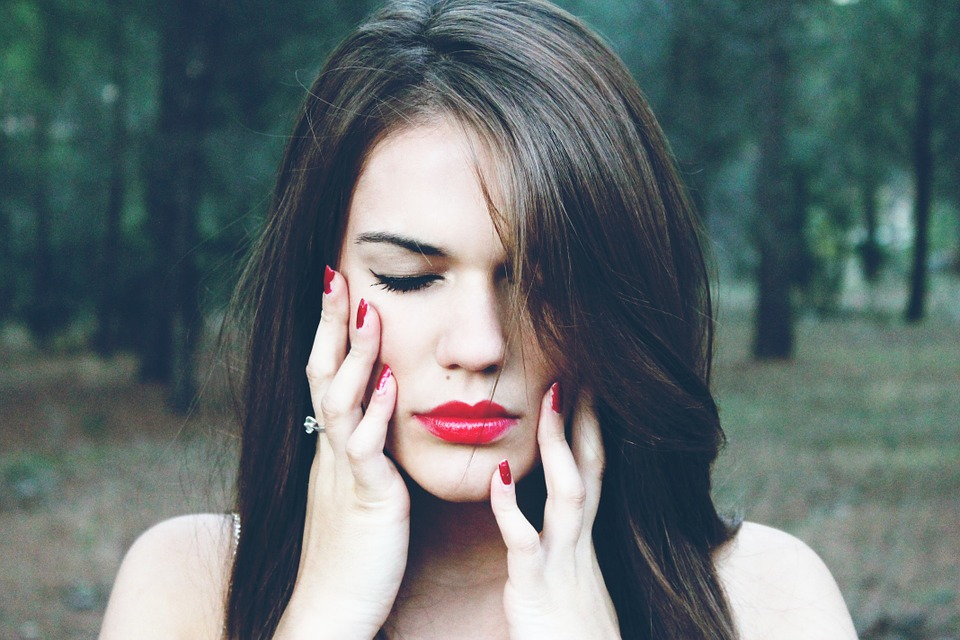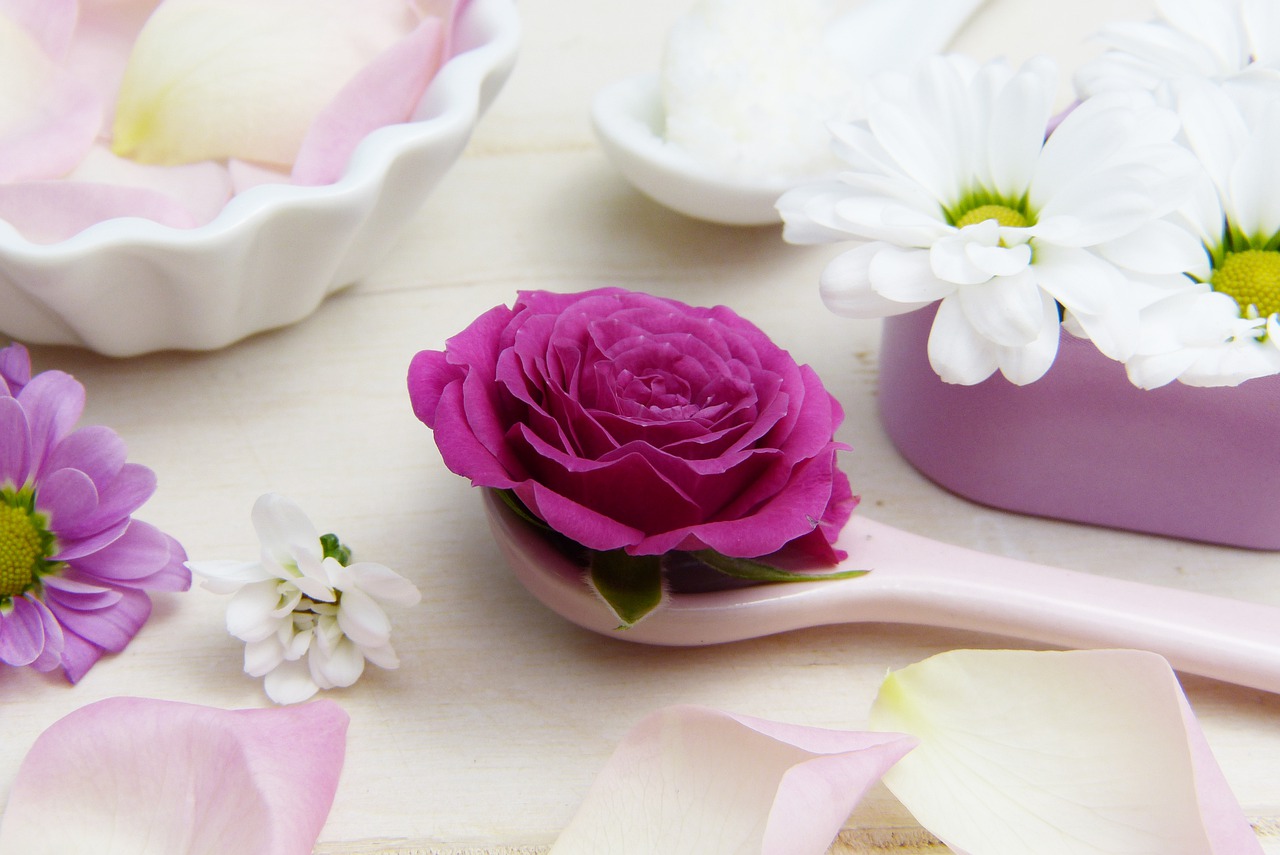Tweet
Acne FAQ's
How and why do we get acne?
The primary trigger of most cases of acne is the fluctuation of hormones. Hormones stimulate the oil glands to produce more sebum, which can block pores. Bacteria can then grow within the pores, causing them to become inflamed and break out. Basically acne and pimples mean the same thing. Acne is a spectrum varying from whiteheads and blackheads (comedones) to big and small boils and bumps (papules and pustules) and deeper cysts and nodules.


Are acne common only in teenagers?
Yes, although acne is very common among teenagers as the primary trigger for acne is testosterone-the male hormone and there is sudden increase of this during puberty, causing acne in both girls and boys, but it is not restricted to only teenagers. Some women may experience hormonal swings during their menstrual cycle, pregnancy , and menopause that result in acne breakouts. Also some men continue to have breakouts in their 30s and 40s.
What is the link between diet and acne?
Research has shown that a diet with a high glycemic index such as white breads, fried foods, refined sugar , and other carbs can worsen acne. High consumption of dairy products also increases the risk of getting acne because of the hormones in milk, cheese, and yogurt.
What is the best skin care routine to treat acne?
The most important thing is to gently cleanse the skin 2-3 times daily with an acne cleanser , especially after being exposed to dust and pollution ( as these can worsen acne). Always use an oil free sunblock in the daytime to protect and repair skin. An alcohol free toner can help reduce the pores. Use anti acne serum or gel at night to prevent new acne and also to clear all blemishes.
Should we avoid makeup completely if we are getting acne?
It is better to avoid greasy moisturising products and go for oil free, non-comedogenic and hypoallergenic make up as these will not clog pores and worsen acne. Also products from reputed companies are preferable. It is better to avoid gels, hair oils and creams on hair to prevent acne along hairline and temples.
Should I get my acne treated or will it just go away after sometime?
Acne can cause severe psychological distress, insecurity, low self-esteem, social withdrawal, frustration, anger, depression affect body image. Hence it should not be ignored and be treated at the earliest by a qualified dermatologist. Also the acne marks and chances of scarring are lesser if disease is treated early.
How is acne treated?
Your dermatologist will prescribe anti acne face wash containing salicylic acid, kojic acid, glycolic acid, benzoyl peroxide, tea tree oil etc twice or thrice daily. Anti acne creams and gels containing mandelic acid, vitamin C, glycolic acid, retinol, adapelene with or without antibiotics are very helpful in treating and preventing acne. If these measures are not helpful, then your dermatologist will prescribe oral medicines in the form of vitamins , antibiotics , hormones etc depending on the cause and severity of acne.
What is body acne?
Although acne usually develops on the face but it can also appear on other areas such as the back, chest and shoulders. This is generally seen in warm , humid climates when people perspire mainly on their backs. The sweat dries on the skin, clogs the pores and gets infected with the bacteria present on the skin giving rise to boils.


What are the factors that make acne worse?
- Pre-menstrual flare
- Stress
- Picking and squeezing
- High glycemic load foods (sugar loaded and starchy foods), oily foods
- Steroid creams
- Thick, greasy or comedogenic products
- Heat and humidity (sweat)
- Certain chemicals and medications
What are some tips for a healthy acne -free skin?
- Treat the acne as early as possible
- Never pick the acne or marks
- Use light, oil-free and non-comedogenic products
- Follow strict sun protection
- Avoid abrasive cleansers, strong drying agents, harsh astringents and scrubs
- Avoid greasy hair products
- Minimize stress
- Have plenty of water
- Eat brightly coloured fresh fruits and vegetables, rich in anti-oxidants
- Exercise daily
- Avoid junk, oily foods and excessive sweets